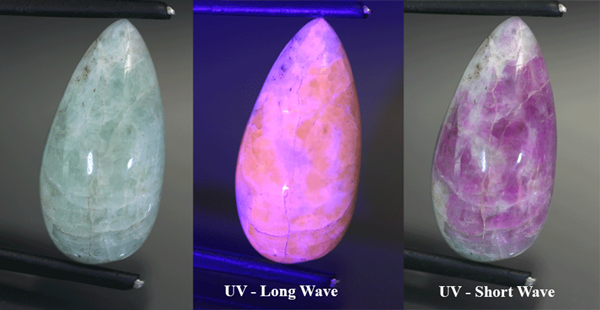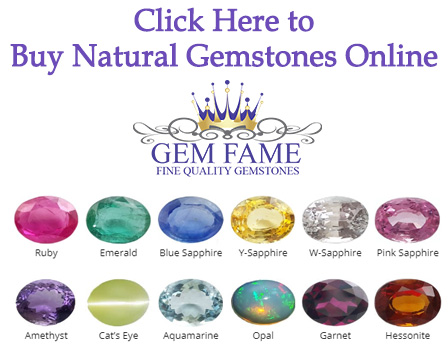Hackmanite
Hackmanite is an important variety of Sodalite and is a part associated with group that is sodalite also includes Haüyne, Tugtupite and Lazurite. Sodalite is also a known member of this Feldspathoid band of minerals that includes Cancrinite, Lazurite, Leucite, and Nepheline. Hackmanite exhibits Tenebrescence. This implies it may turn colors of pink, violet or purple when exposed to sunlight or shortwave (SW) UV light and when taken from the light it gradually fades back once again to white or pale yellow. This process is accelerated by the employment of shortwave UV light and also the cycle is repeatable.
There are many sources of Sodalite, but very few for gem quality crystals of Hackmanite. Some of these are Koksha Valley, Badakhshan Province, Afghanistan; Poudrette quarry, Mont Saint-Hilaire, Rouville County, Québec, Canada; Svintsovyi Ruchei (Lead Creek), Kukisvumchorr Mt, Khibiny Massif, Kola Peninsula, Murmanskaja Oblast’, Northern area, Russia.
| Category: | Tectosilicates without zeolitic H2O |
| Formula: | Na8(Al6Si6O24 )Cl2 |
| Chloric sodium aluminum silicate | |
| Crystallography: | Isometric – Hextetrahedral |
| Crystal Habit: | Crystals rare, typically dodecahedra, to 10 cm; as embedded grains or massive. |
| Twinning: | On [111], common, forming pseudohexagonal prisms by elongation along [111]. |
| Cleavage: | [110] Poor |
| Fracture: | Uneven to Conchoidal |
| Tenacity: | Brittle |
| Hardness (Mohs): | 5.5 – 6.0 |
| Density: | 2.14 – 2.40 (g/cm3) |
| Luminescence: | Bright red-orange cathodoluminescence and fluorescence under LW and SW UV, with yellowish phosphorescence; may be photochromic in magentas. |
| Radioactivity: | Not Radioactive |
| other: | May give of the odor of H2S on fracture. |
| Color: | Colorless, White, Gray, Pink to Violet, Lavender, Purple, pale Blue |
| Transparency: | Transparent to Translucent |
| Luster: | Vitreous, Greasy |
| Refractive Index: | 1.483 – 1.487 Isotropic |
| Birefringence: | 0.000 Isotropic minerals have no birefringence |
| Dispersion: | Weak; 0.018 |
| Pleochroism: | None |


